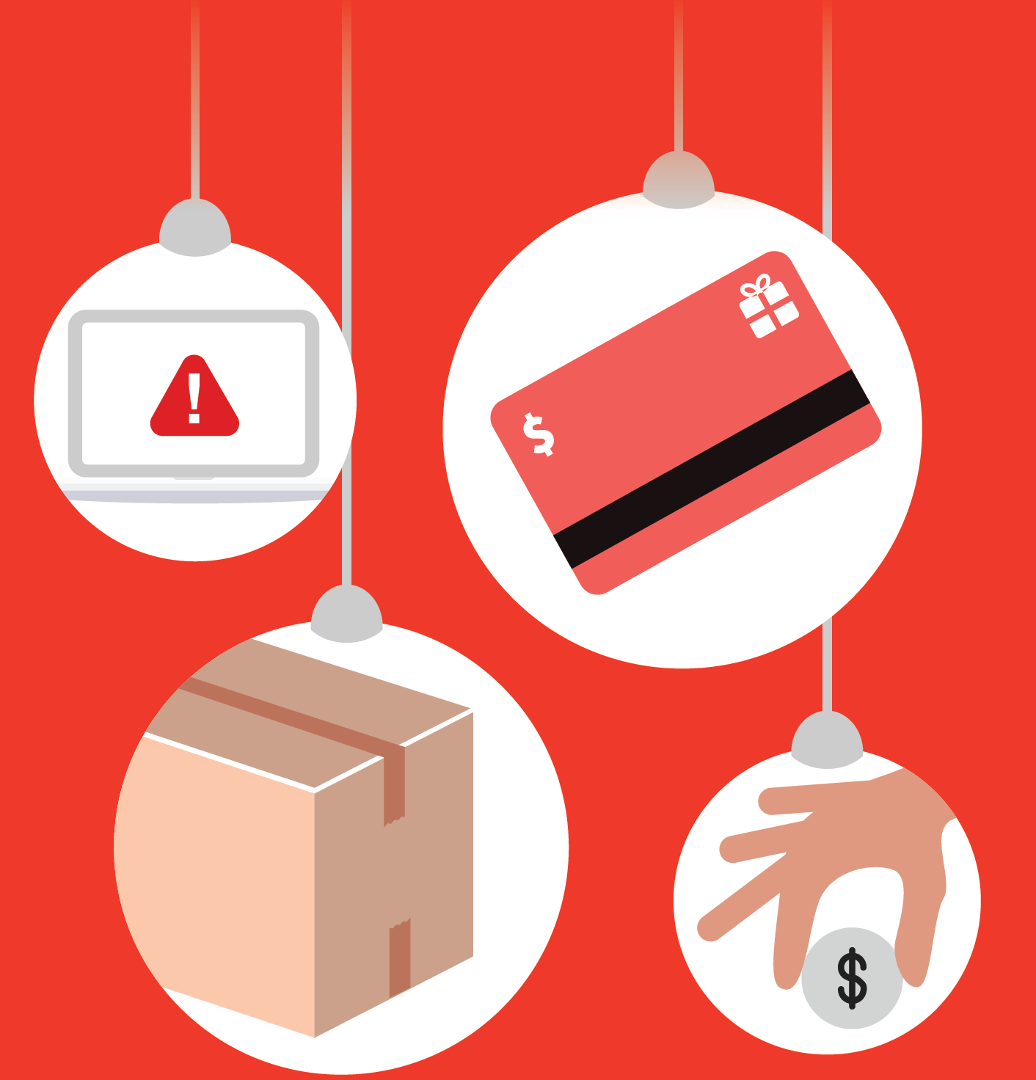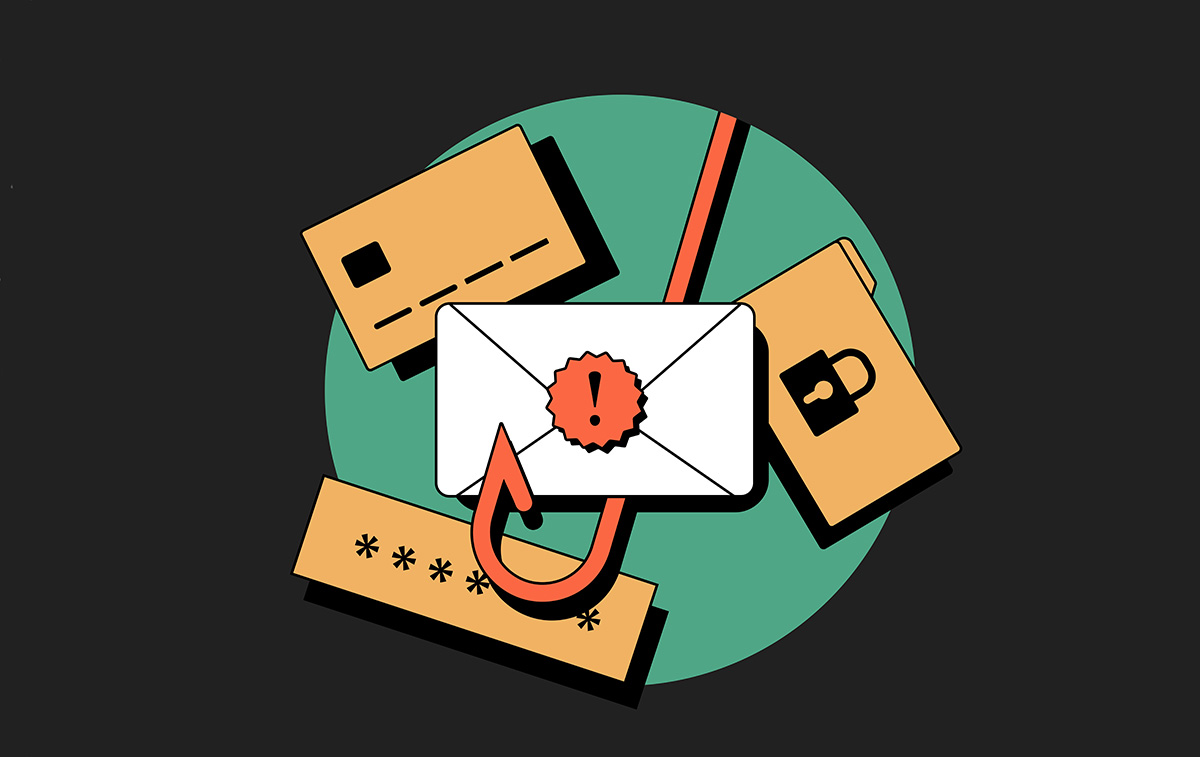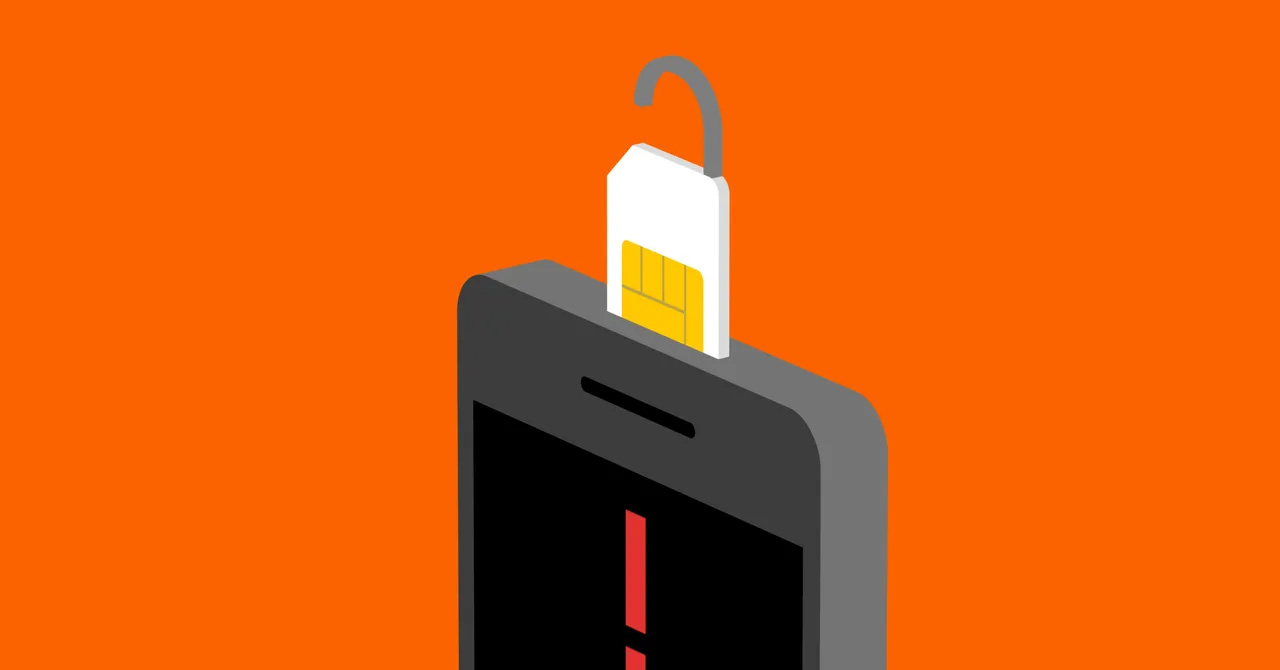
Across the country, individuals are being deceived into withdrawing large sums of cash from their banks or credit unions and handing it over to complete strangers, resulting in devastating, irreversible financial losses.
Scammers manipulate their targets into secrecy, instructing them not to tell anyone, not even their spouses, and warning them not to trust law enforcement. Victims are led to believe their phones are tapped, their homes are under surveillance, and their cooperation is critical to protecting themselves, their families, or even national security.
What Banks are Seeing
Bank employees across the country are witnessing scams in real time. Victims, coached by scammers, often lie—claiming they’re renovating a home or traveling abroad—to justify large cash withdrawals. When bank staff intervene, they’re often met with anger, even though they’re trying to prevent a financial disaster.
Banks are always vigilant, but they can’t stop every scam. If a bank employee questions your withdrawal, thank them. They might be saving you from a devastating loss.
Don’t Be a Victim – Recognize the Scam
Scammers often spoof legitimate phone numbers and use fake credentials from trusted institutions like Amazon, the FTC, or law enforcement. They speak with urgency and aggression, refusing to talk to anyone but the intended victim. They demand secrecy and isolate their targets from support systems.
While tactics evolve, many scams share common patterns:
- Criminal Allegations: Victims are told their identity was used in crimes like drug trafficking or money laundering. They’re asked to “verify” their identity using personal information and threatened with arrest if they don’t comply.
- Fake Legal Penalties: Claims of missed jury duty or court dates are used to demand immediate payment to avoid arrest.
- Spoofed Texts: Messages appear to come from government agencies, requesting information for passport or driver’s license renewals.
- Security Alerts: Victims are told their personal data has been compromised and must call a number immediately, leading them deeper into the scam.
- Lottery & Grant Scams: Victims are told they’ve won money or qualified for a grant but must pay taxes or fees to claim it.
- Terrorism Claims: Victims are told their bank or retirement accounts are at risk of being used by terrorists. A fake “FBI agent” offers to transfer the money to a “safe” account.
- Romance Scam Follow-Ups: After cutting off a romance scammer, victims may be contacted by someone posing as law enforcement, claiming they’re now implicated in a crime and must pay to clear their name.
Prevention Tips
Education is the strongest defense. Remember:
- No government agency or law enforcement officer will ever ask you to hand over cash in person or by mail.
- No legitimate organization will ask you to stay on the phone during a bank visit.
- Never give out personal information unless you’ve independently verified the caller’s identity.
- Prepaid cards, cryptocurrency ATMs, and wire transfers are red flags.
- Amazon does not transfer customers to the FTC or CIA. If in doubt, hang up and contact the company directly.
- The CIA is not going to call you. And if someone says they’re from the FTC and transfers you to the CIA, it’s a scam.
Final Advice
- Research any phone number before calling it back. A quick online search can help identify spoofed numbers.
- Talk to someone you trust. Scammers rely on isolation and secrecy.
- Share this information. You could save someone from losing their life savings.
These scams have been around for years, but they are growing more sophisticated—and more profitable. Stay informed and don’t become the next victim.



